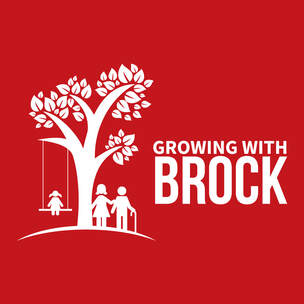Participating in research can be a very rewarding experience. By volunteering your time to complete one of our studies, you are helping the research community develop a greater understanding of different areas of development. You are also helping our University students collect data to complete their research projects for their education.
Many of our adult participants enjoy learning about the different areas we are studying here at the Lifespan Institute. When you participate, you will have the opportunity to ask questions about our research.
When you come to the Lifespan Institute to participate in any of our research studies, we will provide:
Many of our adult participants enjoy learning about the different areas we are studying here at the Lifespan Institute. When you participate, you will have the opportunity to ask questions about our research.
When you come to the Lifespan Institute to participate in any of our research studies, we will provide:
- Free and accessible parking.
- Flexible scheduling to accommodate you, including daytime, evening and weekend appointments.
LIST OF CURRENT STUDIES LOOKING FOR ADULT PARTICIPANTS
We often have studies looking for adults 60+, examining topics like:
|
Interested individuals may contact Growing with Brock to become a member, and get connected with one of our labs!

